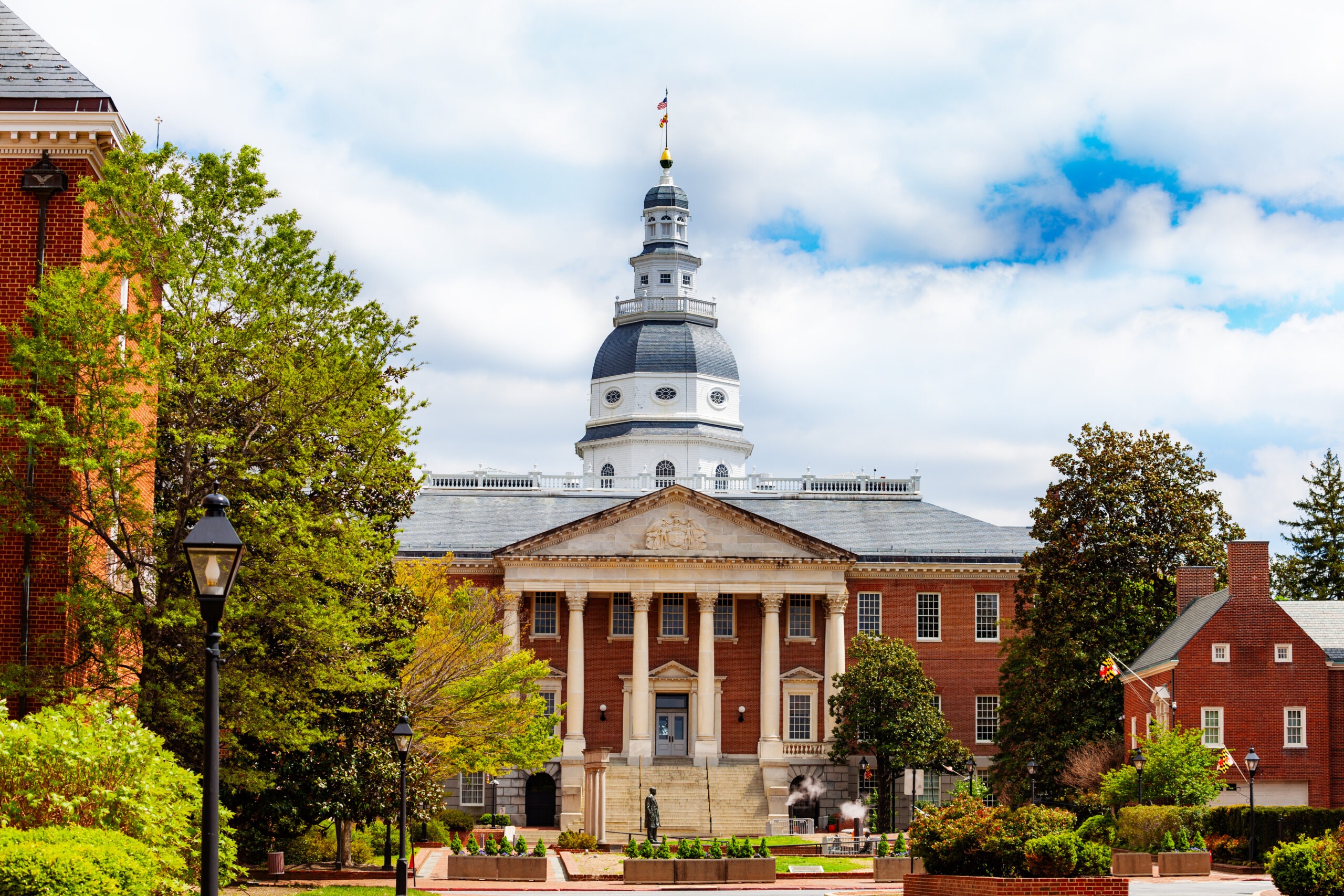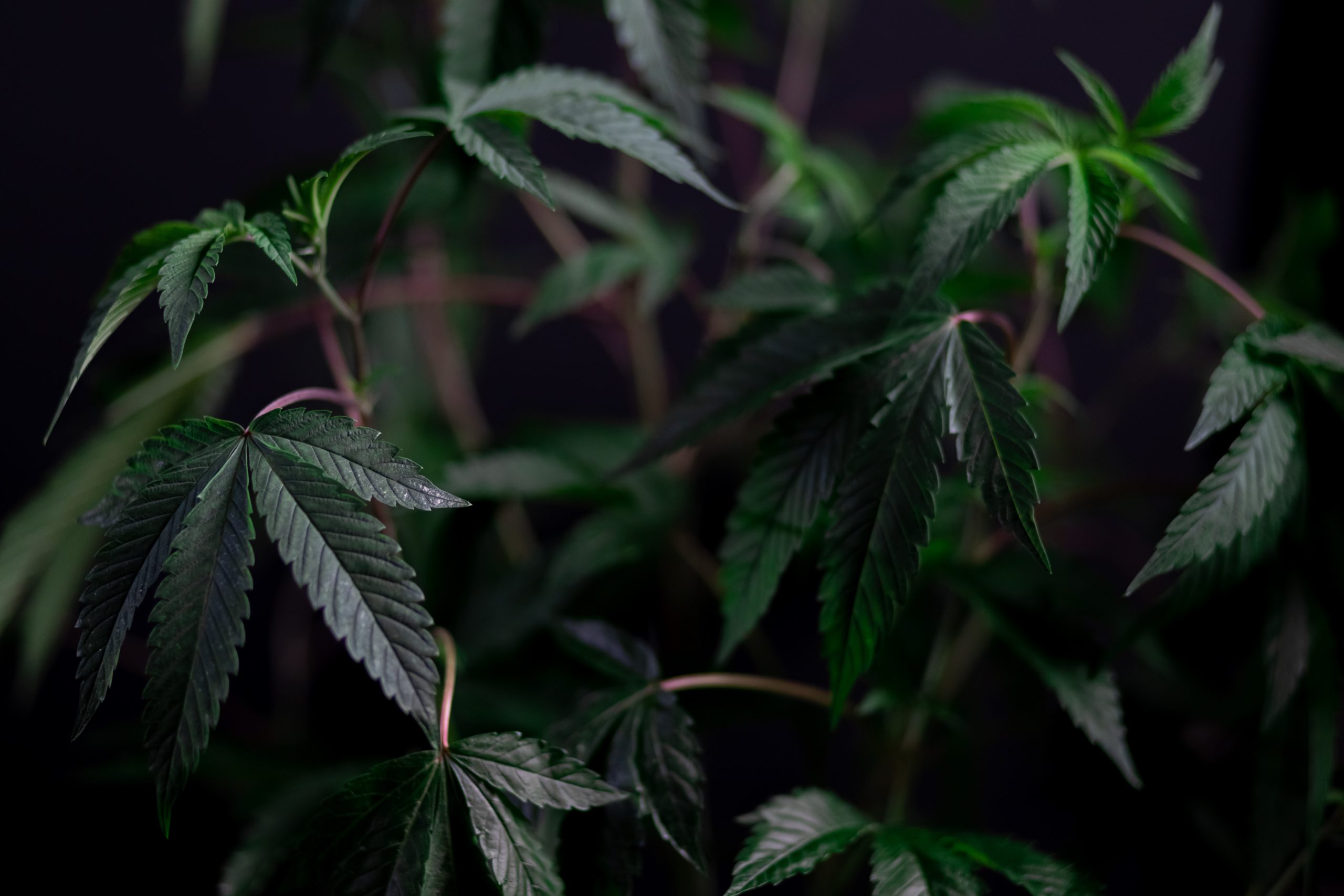
On May 3, Maryland Governor Wes Moore signed legislation to implement the voter-approved legalization measure that passed in the November 2022 election. The General Assembly’s legislation provides guidelines for Maryland’s adult-use cannabis industry, which will be launched on July 1, 2023. The bill includes provisions that address social equity, criminal justice reform, and public health.
According to Cannabis Business Times, the legislation includes provisions for automatic expungement of certain cannabis-related offenses, prioritizing licenses for minority-owned businesses and individuals harmed by the war on drugs, and ensuring that the cannabis industry provides benefits to the communities most affected by prohibition. The bill also establishes a tax structure for adult-use cannabis sales, with the revenue being used for public education and other initiatives.
The implementation of Maryland’s adult-use cannabis market is expected to bring economic benefits to the state, including increased tax revenue and job creation. It is estimated that the market could generate over $200 million in annual tax revenue and create thousands of jobs.
With the legalization of adult-use cannabis, Maryland joins a growing list of states that have legalized cannabis for recreational use, including Colorado, California, and Massachusetts. The legalization of cannabis for recreational use is a significant milestone in the cannabis industry, as it indicates a shift in public opinion towards the acceptance of cannabis as a legitimate and valuable industry.
The implementation of Maryland’s adult-use cannabis market is an exciting development for cannabis enthusiasts, entrepreneurs, and investors in the state. It is expected to create new business opportunities, provide relief to those who have been disproportionately impacted by prohibition, and further advance the acceptance and normalization of cannabis use in society.
EXPLORE MORE NEWS
Newsletter




